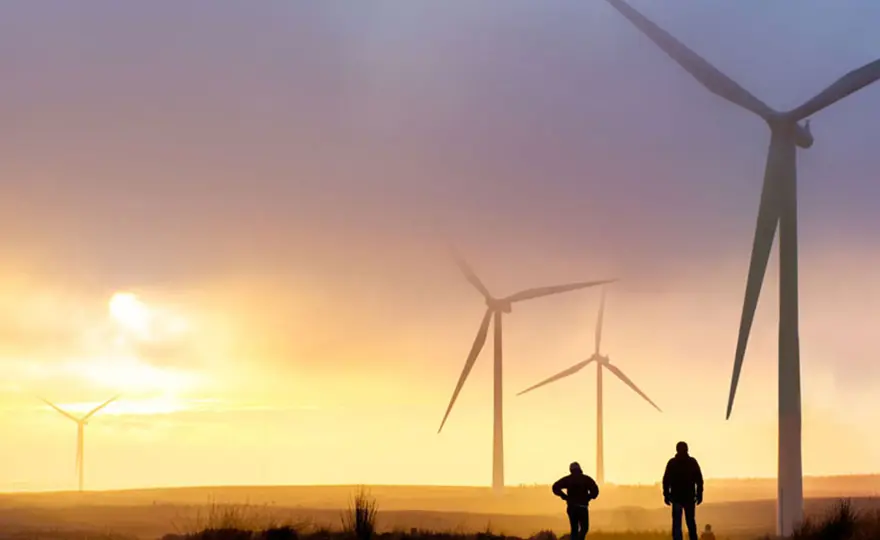
Juliette Delarue
4th February 2021


The market has had a shock.
The Covid-19 pandemic has confronted the EU’s Member States with the realisation that their economy may not be robust enough to deal with the current health crisis, let alone shield its citizens from future similar challenges.
The immediate response to the strain on industries and individuals has been to allocate state funds to all sectors. But this threw up a key question: should there be strings attached to those bailouts and who should be the ones to decide? With the climate emergency playing out in parallel, is it politically or economically coherent to unquestioningly pay the way for carbon emitters?
To rebuild the economy, in a way that fulfils, not contradicts the EU’s climate commitments, a clear way forward would be to put environmental protection at the heart of the rules that govern our internal market. This would allow the EU’s economy to grow, but not at the cost of the health of people and the planet we rely on.
The reality, however, is that these internal market rules, among which are competition policies, currently do not sufficiently take into account the environmental and social impacts of the EU’s economic activities; and completely fail to consider their negative impacts. Financial decisions and climate goals will pull in opposite directions until that changes.
To date, the EU has only factored nature and climate protection into deciding to grant financial aid when the project directly (or solely) concerns the environment. Supporting consumers to transition to electric vehicles, for example, directly impacts our environment as promoting cleaner forms of transport reduces greenhouse gas emissions and improves air quality.
However, this selective approach means that nature is not systematically considered when granting State aid. That means that until now, State aid – that’s subsidies, tax breaks, or interest-free loans granted by governments or public authorities to companies within the EU – has failed to consider the impact these investments may have on the environment.
Industries like the fossil fuel sector, which emits high levels of greenhouse gases, and pollutes the air, soil and water, are clearly damaging to nature and the climate. However, not only are these projects given the green light at regional and national level, they often rely on taxpayers’ money to go ahead.
“Environmental protection requirements need to form an integral part of competition policy. That will take a change of mind-set and an understanding that protecting the world around us is synonymous to protecting our markets.”
ClientEarth’s lawyers believe that the EU’s core beliefs about the climate and nature crises need to be reflected in their financial codes. We have been advocating for the rules that govern whether State aid is granted to a company to be revised so that they align with the Paris Agreement’s climate commitments and with the EU Green Deal. This will help prevent the EU’s Member States self-sabotaging via their financing activities.
Our State aid lawyer Juliette Delarue said: “Environmental protection requirements need to form an integral part of competition policy. That will take a change of mind-set and an understanding that protecting the world around us is synonymous with protecting our markets.
“Without making this change, the EU is turning a blind eye to risks that will eventually drive our economy towards a cliff edge.”
In a 2020 report, we argued that in light of the sheer amount of money rapidly granted to industry to aid a post-Covid-19 recovery, altering competition policies is not just necessary, but a legal requirement. With our partners, we highlighted several central principles of the EU Treaties, which govern the behaviour of the EU institutions, and override all other law: one is environmental protection and another is consistency between policies.
The introduction of the EU Green Deal and other climate-orientated policies and legislation therefore mean the EU and its institutions are legally bound by carbon reduction objectives.
This means that the EU cannot legitimately allow its Member States to grant public money to fossil fuels, or other carbon-intensive activity, and all State aid payments – whether or not they are explicitly environmentally focused – would need to be screened to ensure the minimisation of climate harm.
However, this is only achievable if environmental and climate objectives are systematically streamlined into State aid rules and decision-making practices.
Integrating environmental objectives into State aid rules is crucial given the dual economic and climate crises that we currently face. The Temporary State Aid Framework, released to help EU countries support relief measures during the pandemic, has left it up to national government to decide whether to attach green strings to their aid measures. However, State aid granted to meet short- and mid-term economic objectives may lock in projects that create irreversible setbacks to achieving the EU Green Deal.
To guarantee environmental protection and consistency between EU policies in line with the EU Treaties, we have proposed several recommendations on how the European Commission could achieve this by refreshing how it assesses the impact of aid on the internal market.
EU citizens have the right to know how their taxes are being spent. Taxpayers must also be allowed to challenge national authorities who grant financial advantages to companies, and the EU institutions that approve them, when those decisions put people and nature at risk.
However, currently aid measures are only made public at EU-level once the decision to grant State aid has been taken, making it too late to challenge. That’s why we continue to fight for more transparency around the granting of aid, at national level, and on how that proposed aid is approved at EU-level.
If people can participate in the decision-making process and hold those responsible to account when they fall short of their duty to protect our planet, we will ensure that we build an economy that meets our present needs – and one that safeguards our future.